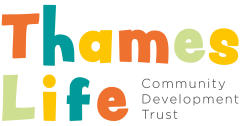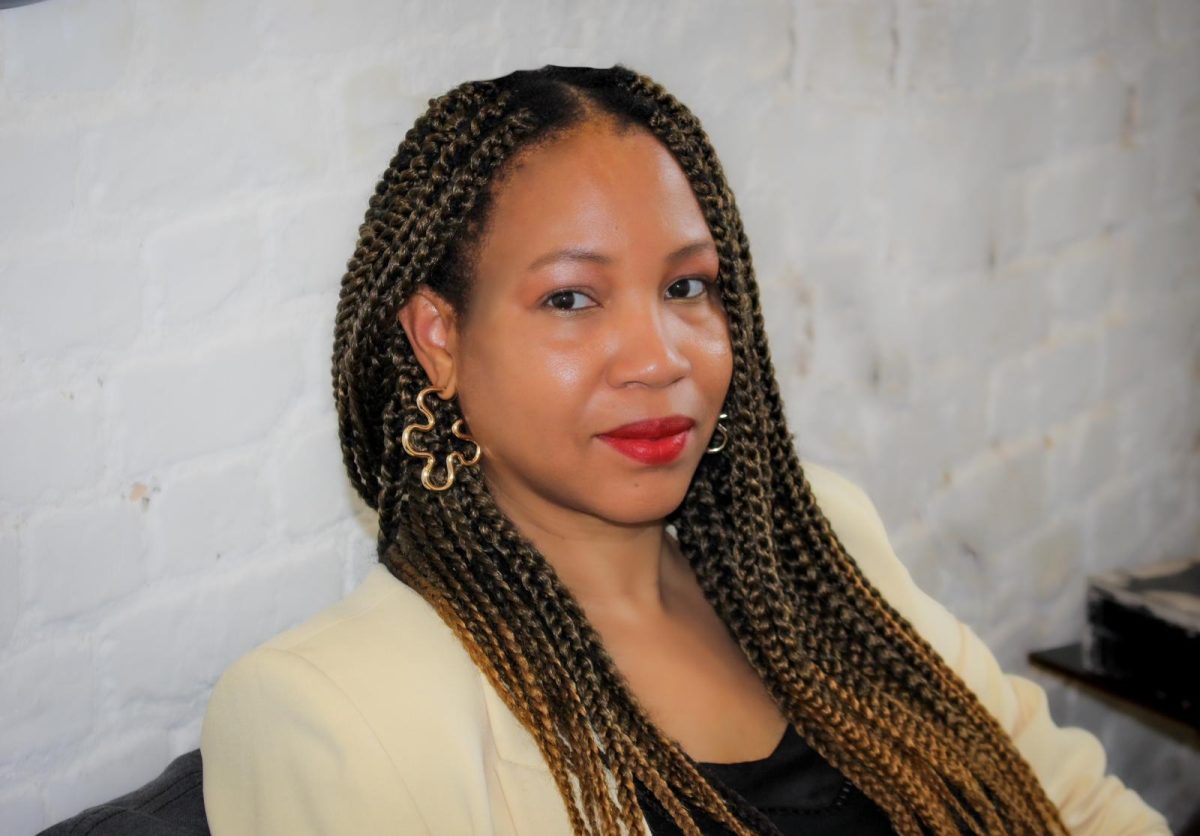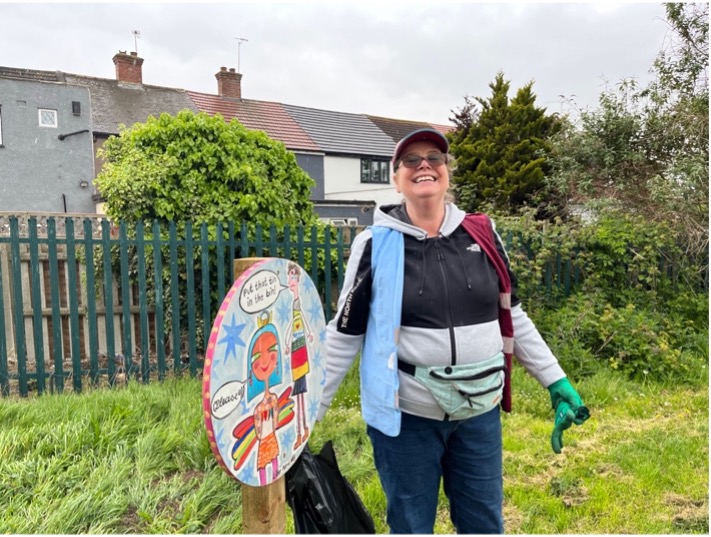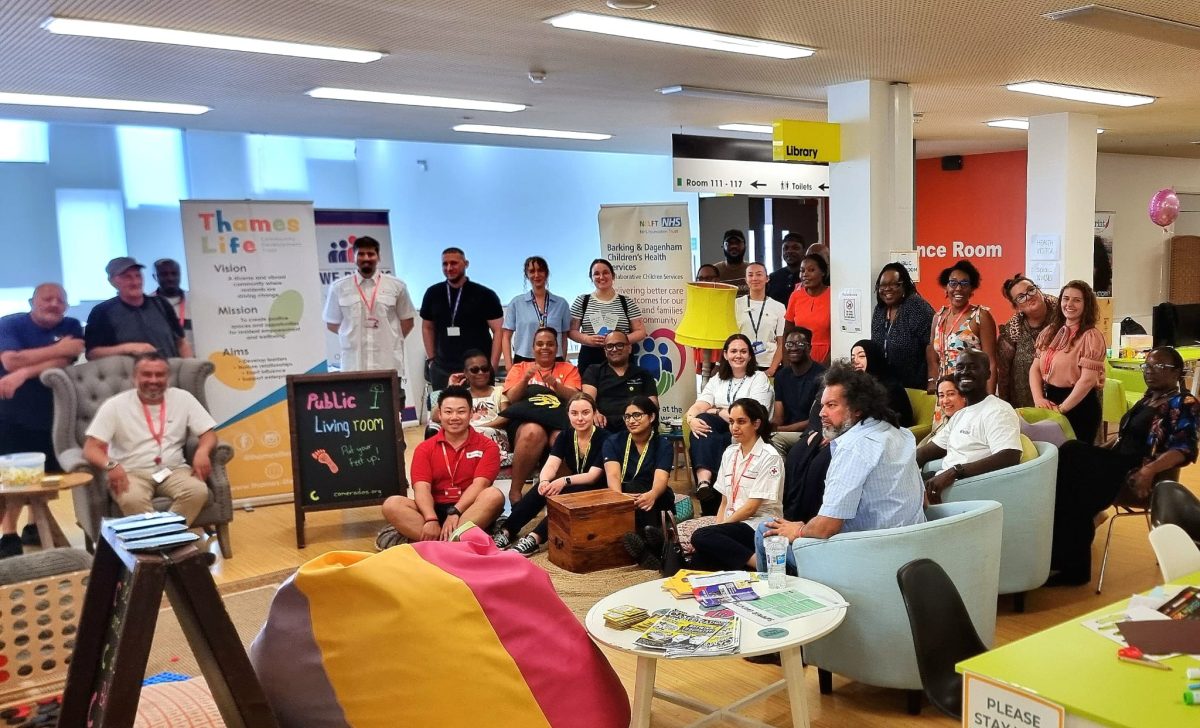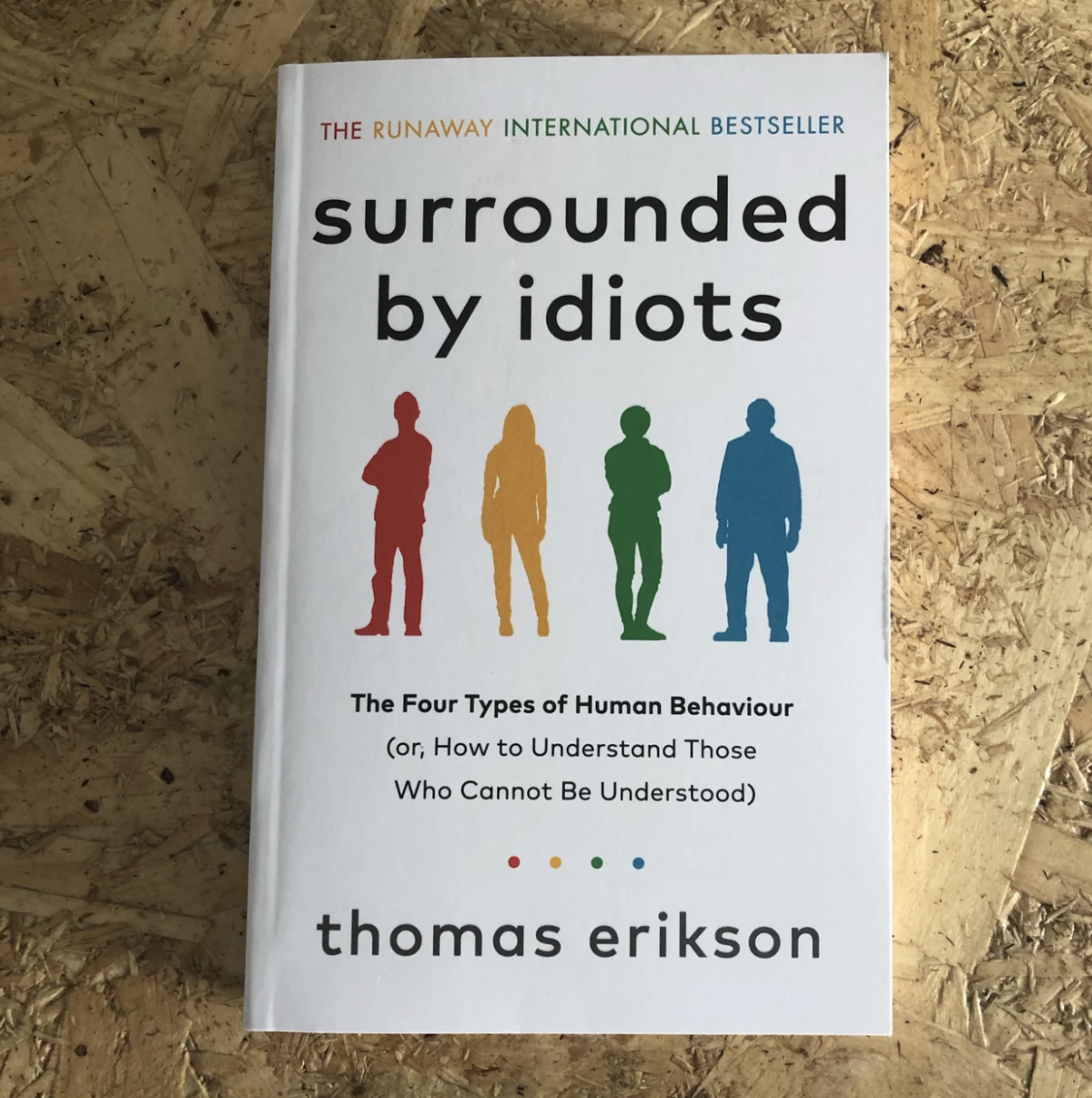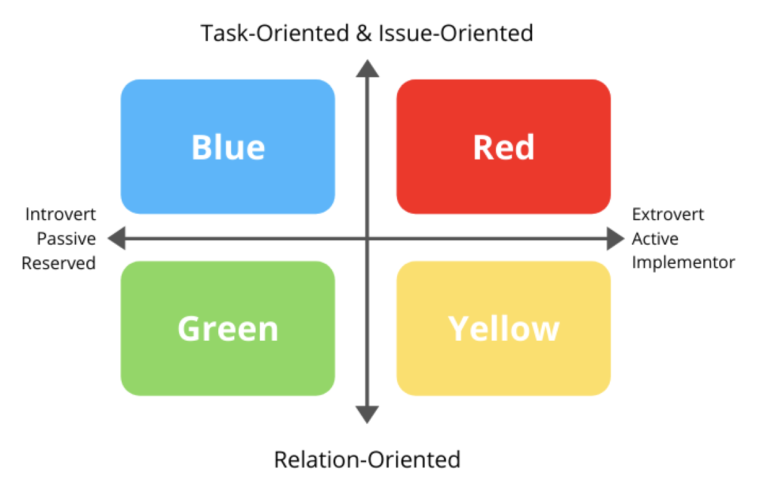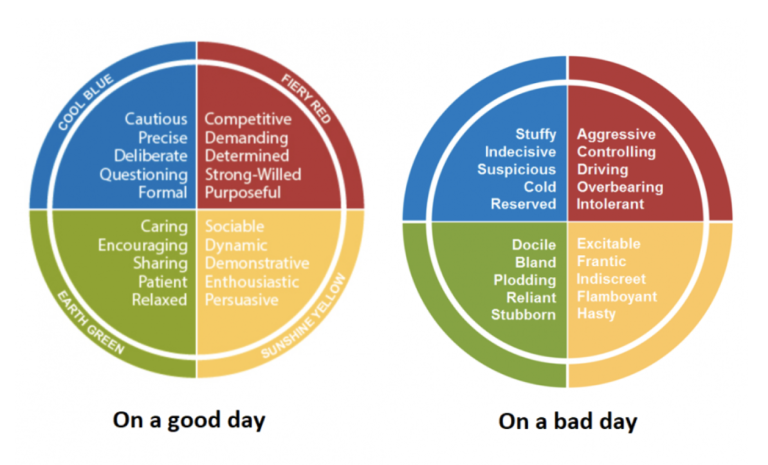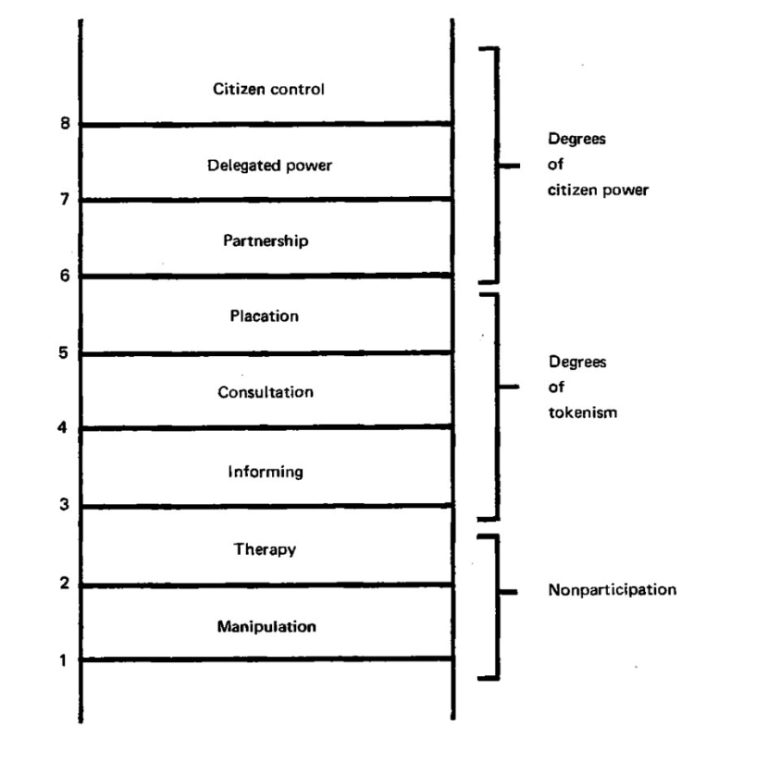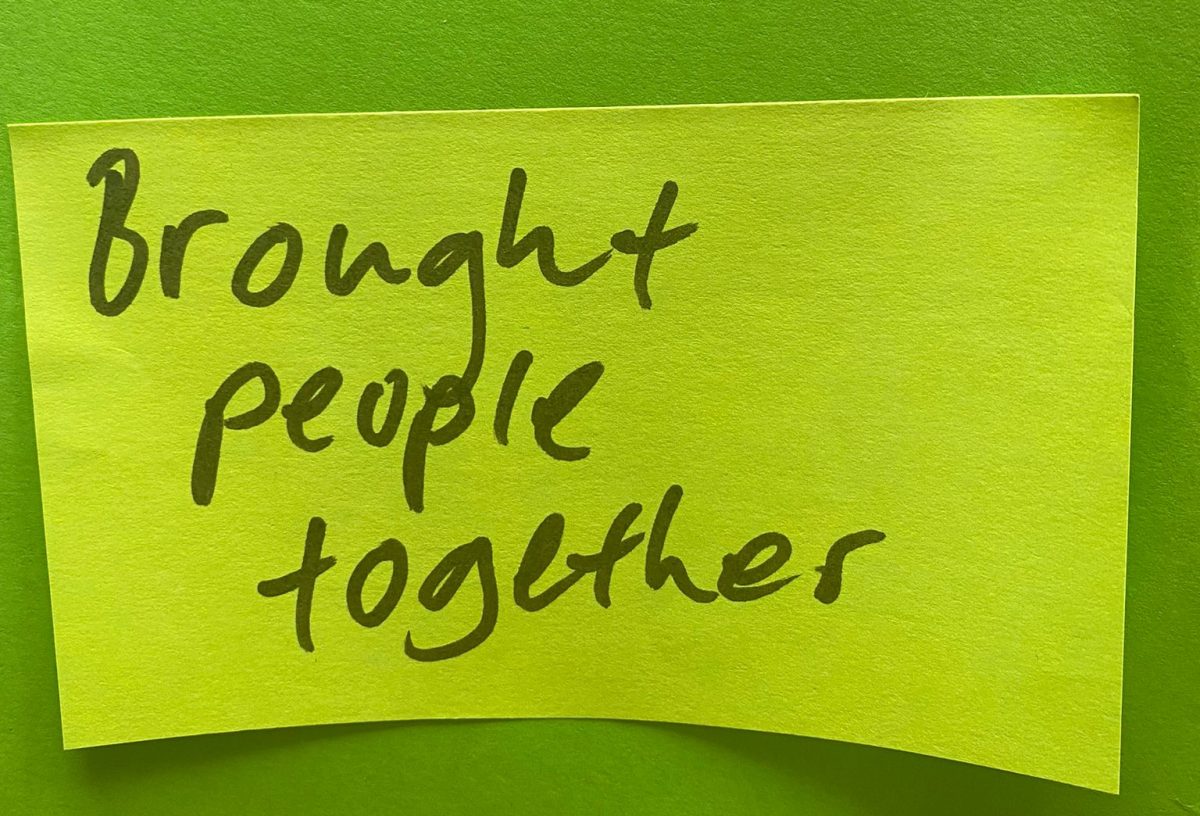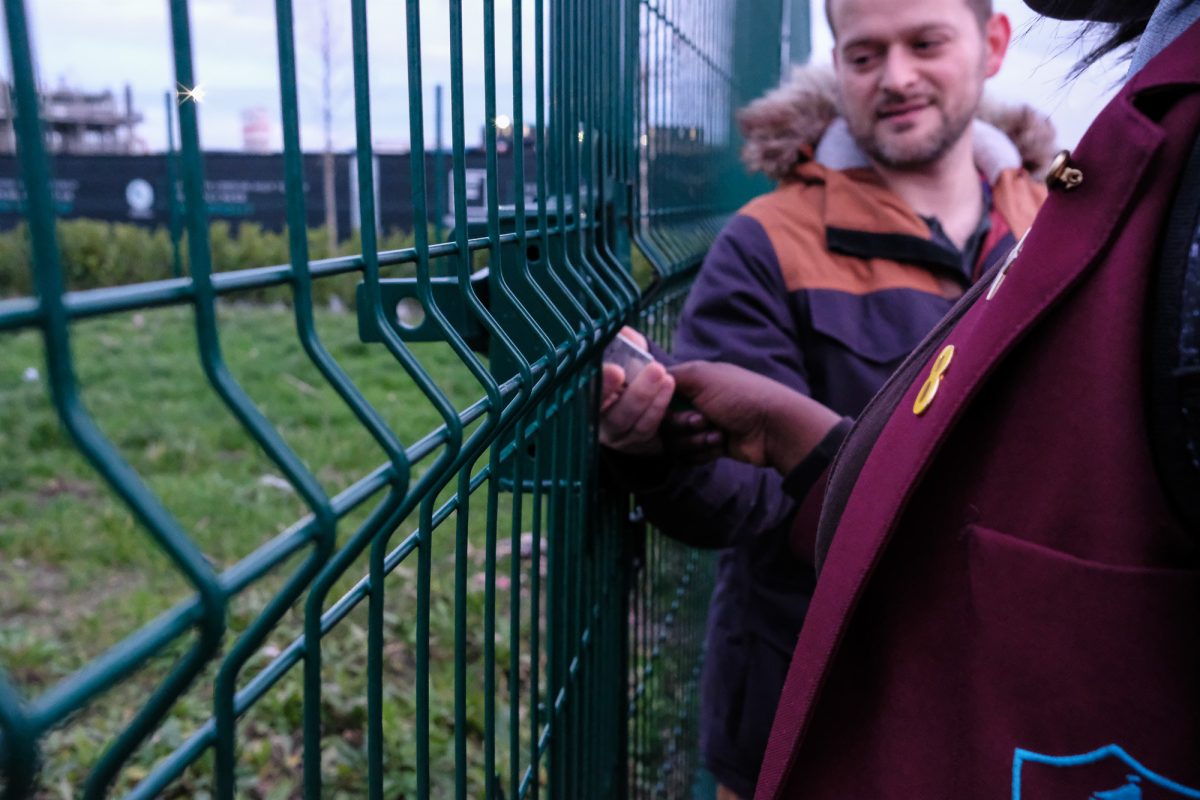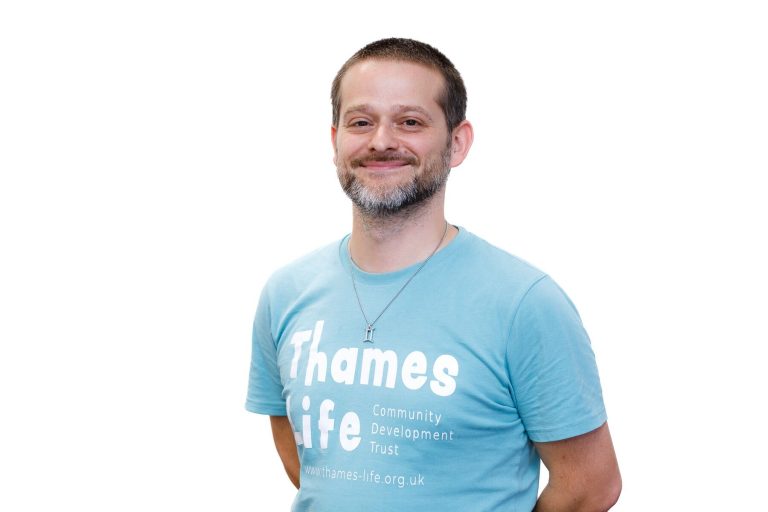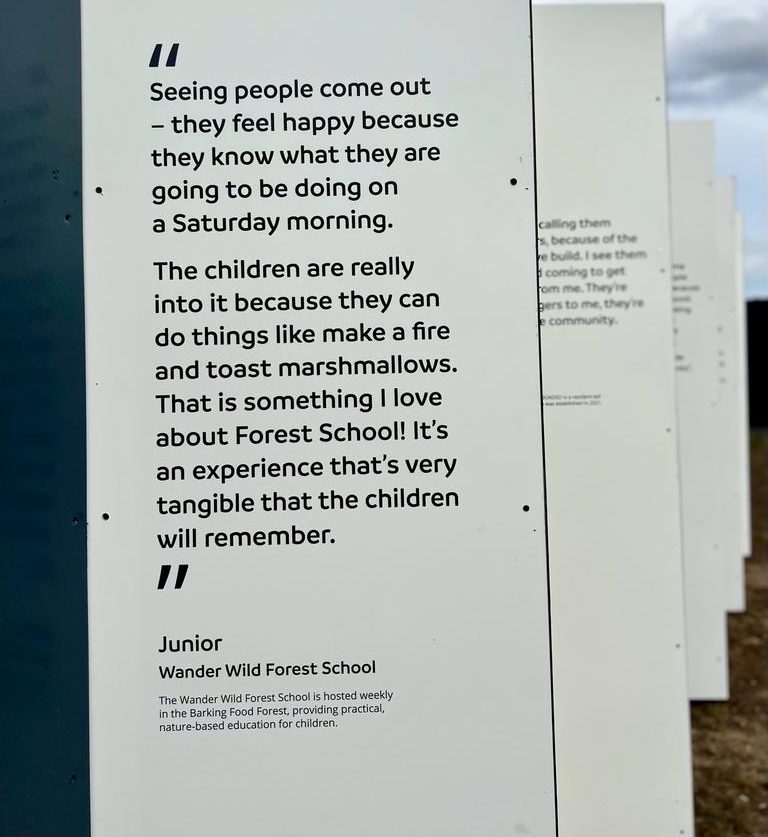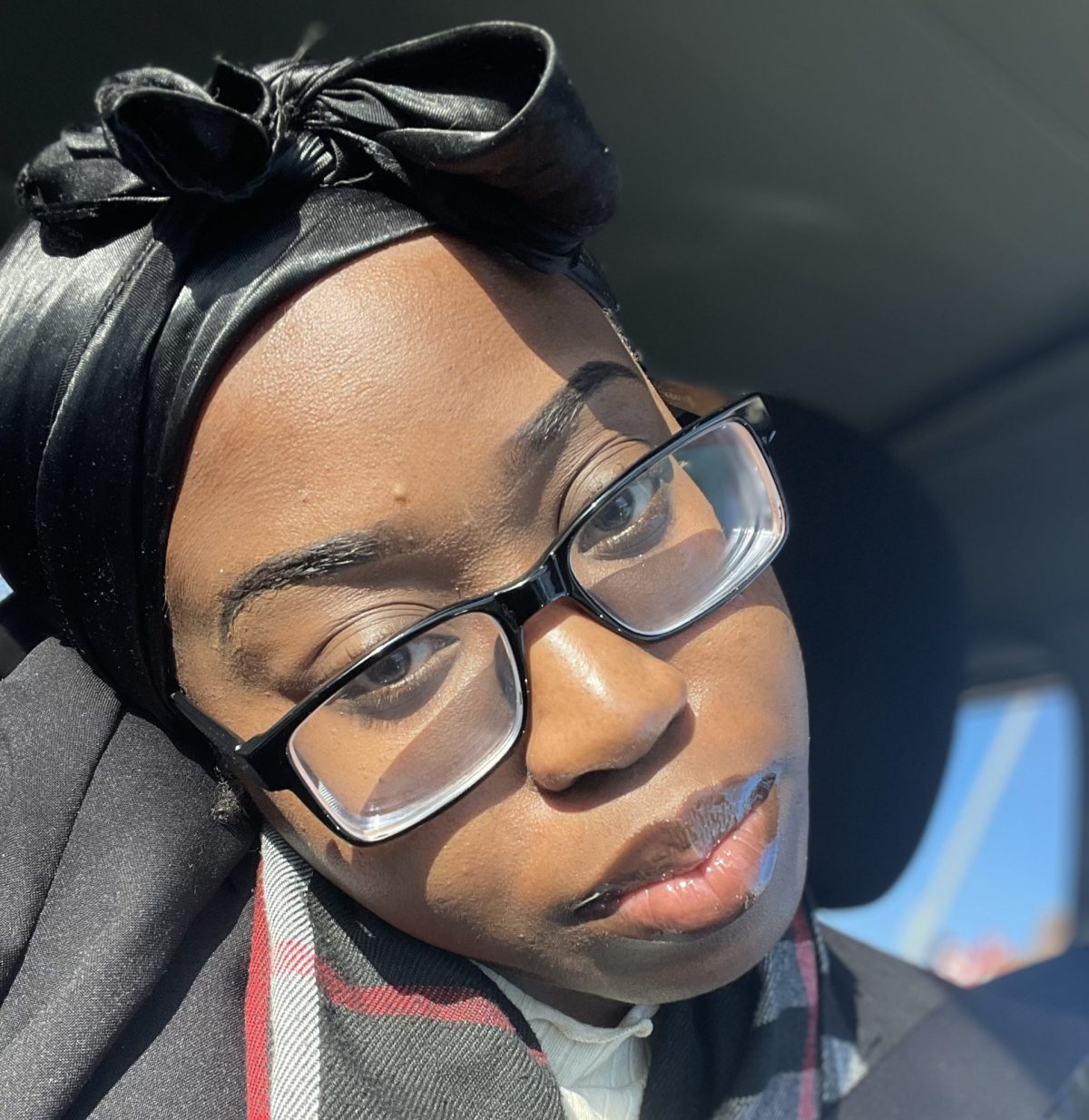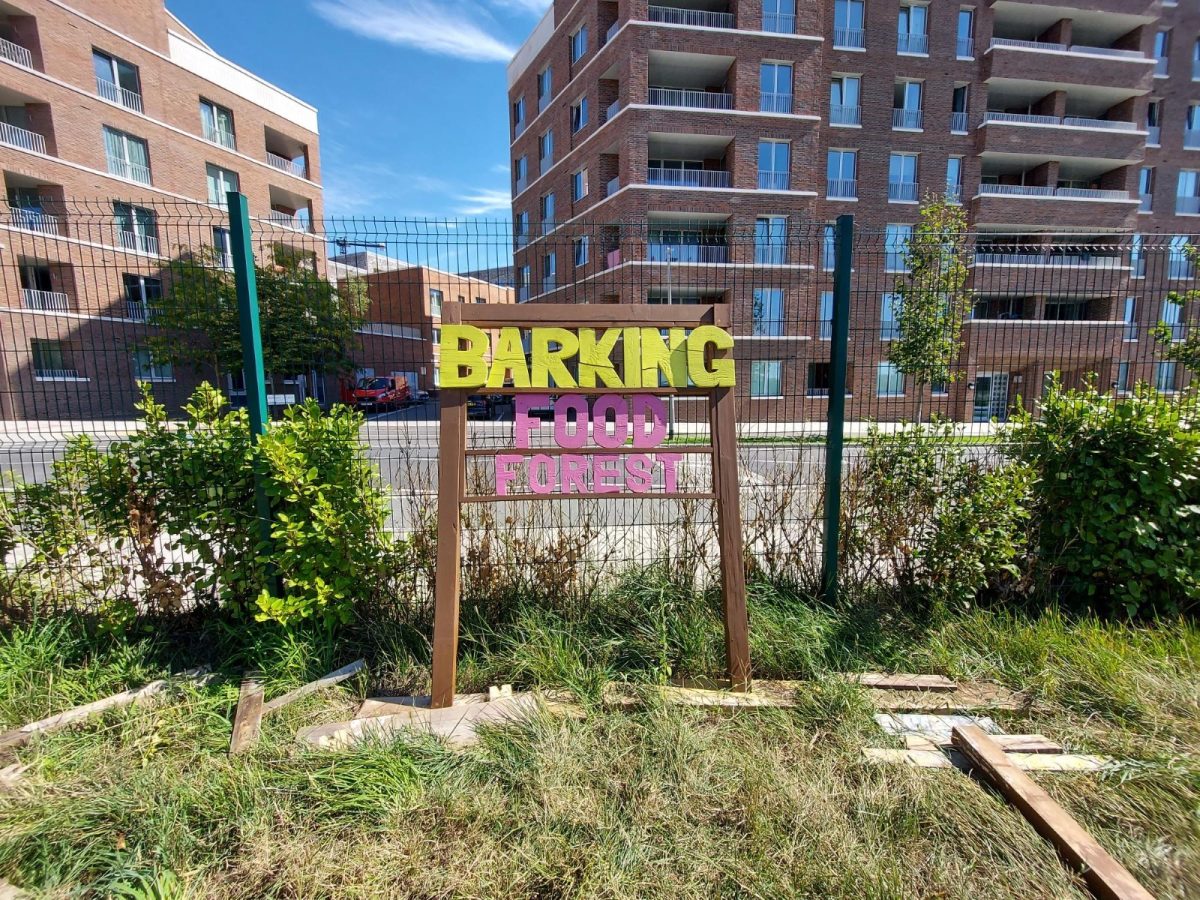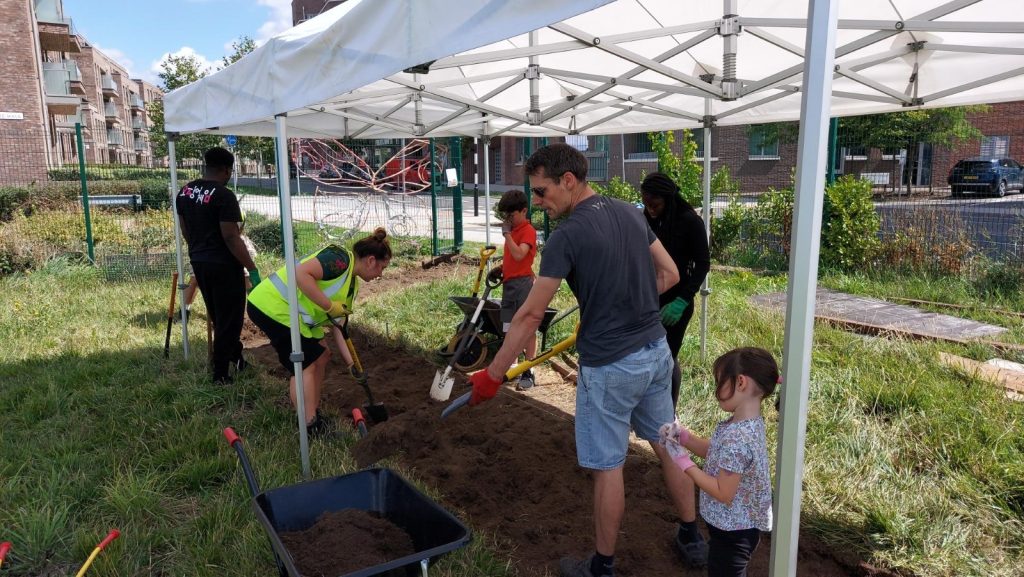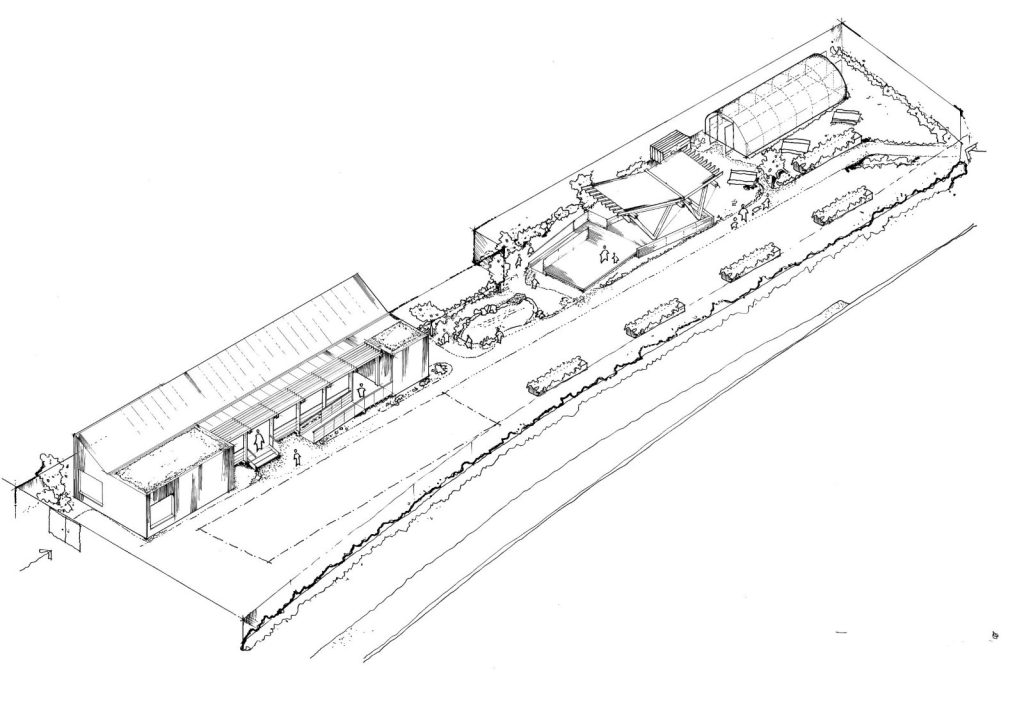I am thrilled to introduce myself as your new Community Organiser for the Barking Food Forest. My name is Laurelle Darroux, and I am passionate about community building, sustainability, and creating green spaces that benefit us all. As we embark on this exciting journey together, I want to share a bit about myself and invite you to join me in transforming our community.
About Me:
With a background in community engagement, I believe in fostering an inclusive, vibrant, and resilient local community. My goal is to work with all of you to turn the Barking Food Forest into a thriving space where we can grow healthy food, learn together, and connect with nature.
The Vision for Barking Food Forest:
The Barking Food Forest is more than just a green space; it’s a community-led initiative to cultivate a sustainable and edible landscape. Here, we will grow a variety of fruits, vegetables, herbs, and native plants, creating a self-sustaining ecosystem that supports biodiversity and provides fresh produce for our community. It will also offer a communal space for many varied community events. Ultimately the Thames Life Trust through the Community Organiser, would like the community garden to be independently operated by a community of volunteers headed by a committee of local volunteer gardeners.
Our vision includes:
- Educational Workshops: Learn about permaculture, sustainable gardening, and healthy eating.
- Community Gatherings: Connect with your neighbours through seasonal events and volunteer days.
- Environmental Stewardship: Promote biodiversity and enhance our local environment.
- Food Security: Provide access to fresh, healthy, and locally grown food for everyone by our own volunteer gardeners.
Calling All Volunteers!
To bring this vision to life, we need your help! Whether you have a green thumb or are just eager to get involved, there are many ways you can contribute:
- Gardening and Planting: Help us plant and maintain the garden beds, fruit trees, and herb patches. This includes watering and caring for these with some light general gardening, grass cutting, uprooting weeds, general pruning;
- Landscaping: woodcutting and design of the spaces, building fences and deck area
- Event Planning: Assist with organizing workshops, community events, and educational programs.
- Outreach and Promotion: Spread the word about our project and recruit more volunteers.
- Sustainable Practices: Share your knowledge on composting, water conservation, and other eco-friendly practices.
How to Get Involved:
Volunteering with the Barking Food Forest is a fantastic opportunity to learn new skills, meet new people, improve your mental wellbeing and make a tangible impact in our community. Here’s how you can get started:
- Sign Up: Visit our website link https://airtable.com/appbfNa8NKs1hJ6ad/pagFXX46RVRP1UbXE/form to sign up as a volunteer. You can choose your areas of interest and availability.
- Stay Informed: Follow us on social media https://www.instagram.com/barkingfoodforest/ for updates on upcoming events, volunteer days, and community meetings.
- Join Us at Our Next Event: We have a volunteer orientation coming up on Saturday August 10th 2024, from 10am to 2pm. This is a great chance to meet fellow volunteers, learn more about the project from the BFF team, and start getting your hands dirty!
Together, We Can Grow a Greener Future
I am incredibly excited to work alongside all of you to make the Barking Food Forest a flourishing community space. Your participation and support are crucial to our success. Let’s come together to create a greener, healthier and more connected community.
Thank you, and I look forward to meeting you all in person!
Laurelle Darroux
Community Organiser for Barking Food Forest at Thames Life
